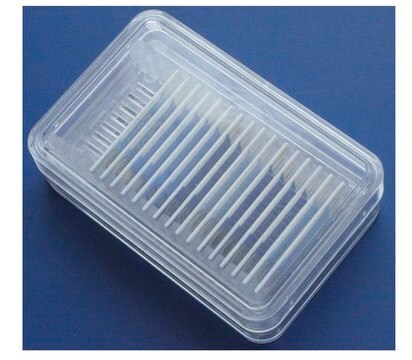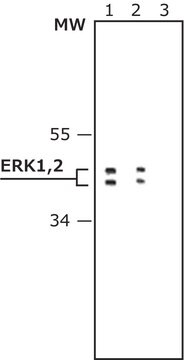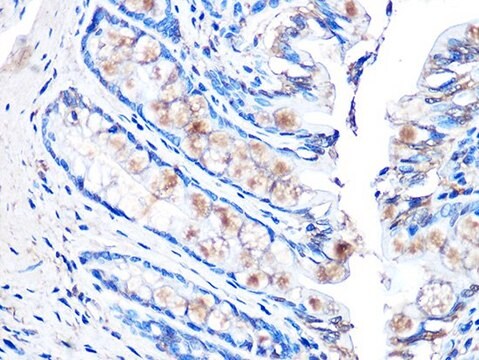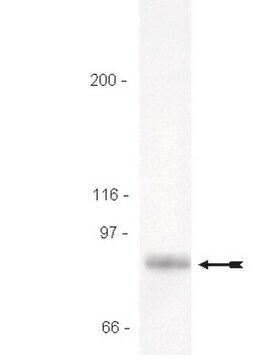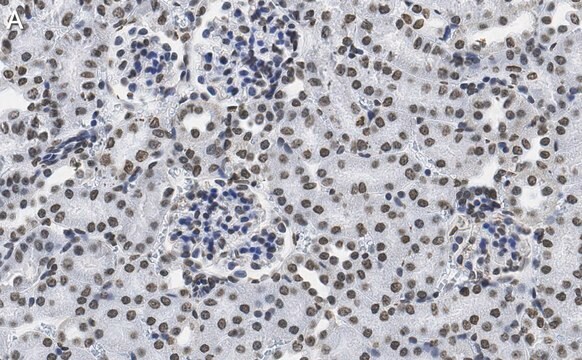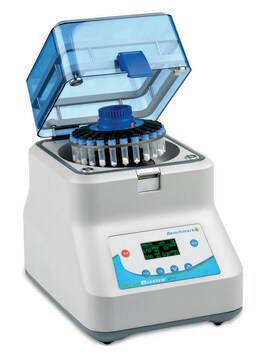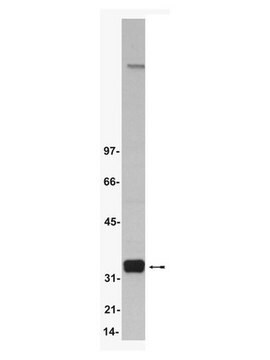OGS46
PSF-UB - UBIQUITIN PROMOTER EXPRESSION PLASMID
plasmid vector for molecular cloning
Sinónimos:
cloning vector, expression vector, molecular cloning vector, plasmid, plasmid vector, snapfast vector, vector
About This Item
Productos recomendados
form
buffered aqueous solution
mol wt
size 4880 bp
bacteria selection
kanamycin
origin of replication
pUC (500 copies)
peptide cleavage
no cleavage
promoter
Promoter name: ubiquitin
Promoter activity: constitutive
Promoter type: mammalian
reporter gene
none
shipped in
ambient
storage temp.
−20°C
General description
Promoter Expression Level:
Application
Multiple cloning site notes: There are a few important sites within the MCS. These include the NcoI site the XbaI site and the BsgI and BseRI sites. The NcoI site contains a start codon that is immediately downstream of both a Kozak and Shine-Dalgarno ribosomal binding site. These allow for optimal positioning of genes when the start codon is placed in this location. If this is not required and you wish to use a downstream site for gene cloning you can remove the NcoI site by cleaving the plasmid with KpnI.
The XbaI site contains a stop codon. This stop codon is positioned in a specific position in relation to the BsgI and BseRI sites that are immediately downstream. When either BseRI or BsgI cleave the plasmid they produce a TA overhang from the stop codon in the XbaI site that is compatible with all of our peptide tag plasmids cut with the same sites. BseRI and BsgI sites are non-palindromic and cleave a defined number of bases away from their binding site.
Whenever we clone a gene into our multiple cloning site we always position the start and stop codon in the same positions in the MCS. If the start and ends of the genes are not compatible with NcoI and XbaI we extend the sequence to the nearest external sites but keep the start and stop codons locations consistent.
Sequence
Analysis Note
Related product
Storage Class
12 - Non Combustible Liquids
flash_point_f
Not applicable
flash_point_c
Not applicable
Certificados de análisis (COA)
Busque Certificados de análisis (COA) introduciendo el número de lote del producto. Los números de lote se encuentran en la etiqueta del producto después de las palabras «Lot» o «Batch»
¿Ya tiene este producto?
Encuentre la documentación para los productos que ha comprado recientemente en la Biblioteca de documentos.
Nuestro equipo de científicos tiene experiencia en todas las áreas de investigación: Ciencias de la vida, Ciencia de los materiales, Síntesis química, Cromatografía, Analítica y muchas otras.
Póngase en contacto con el Servicio técnico
